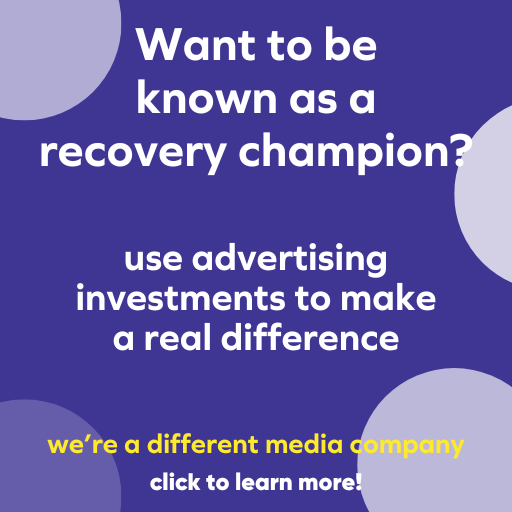Prioritize Mental Health in the Workplace – You Can’t Afford Not To!
The effect of mental health issues on a workforce can be significant, especially with the continued impact of COVID. According to a recent survey by The Hartford insurance company, employers are seeing a noticeable increase in mental health issues among their employees— including fear and anxiety about returning full time to the workplace, domestic violence, substance use disorder (SUD) , and depression, resulting from the everyday life changes caused by COVID.
Workplaces bear substantial costs due to absenteeism, increased health care expenses, turnover, and lost productivity. Nearly one-third of U.S. employers (31 percent) said the strain on employee mental health is having a severe financial impact on their company—a 10-point increase from a March 2020 survey. Burnout and disengaged employees can cost organizations between $450-$550 billion annually.
These implications across the workforce have ushered in a new era of focusing on behavioral health. The problem is obvious. Employees are more stressed-out than ever before. As a result, employees are at higher risk for severe mental health issues and SUD. Of course, we need increased access to traditional mental health support.
Nearly one-third of U.S. employers (31 percent) said the strain on employee mental health is having a severe financial impact on their company—a 10-point increase from a March 2020 survey.
Employers now, more than ever, have an opportunity to move beyond an awareness of these issues and take a more active role in addressing them via support for their employees.
There is an urgent need to intervene upstream to prevent the escalation of these complex issues. Now is the time to share fresh ideas, innovations, and alternative solutions that support employee well-being.
Workplace best practices are critical for appropriately and proactively supporting employees.
These include:
• Updated policies and programs that support ongoing education and awareness around mental health that dispel the stigma associated with it
• Employee education and communication is crucial to ensure employees and their family members are educated on the resources available to them and how to use them
• Derive meaningful engagement and outcomes via data supported, value results of programs that demonstrate measurable success
Organizations need to evaluate innovative, virtual support programs that proactively support individuals who are struggling and their family members. Combining high tech platforms with high touch services that help navigate employees to the right care and deliver immediate behavioral health care by allowing employees to access peer coaches and trained health care professionals online is a confidential and evidence-based approach focusing on providing a safe and anonymous way for employees and their family members to engage on the topic of SUD in a meaningful way.
These issues existed pre-pandemic, but “mental health and mental illness was taboo and avoided with a ten-foot pole.
Beyond Mental Health
Employers spend, on average, over $15,000 more a year on employees who experience mental distress. The implications in cost are around missed days of work, productivity, and turnover. Furthermore, mentally distressed workers are nearly 3.5 times more likely than their peers to have a SUD.
Supporting Mental Health is the Right Thing to Do
Stressed-out employees are at greater risk for health problems, are less satisfied and may be more likely to quit their jobs—we are seeing the number and the Great Resignation is upon us!
These issues existed pre-pandemic, but “mental health and mental illness was taboo and avoided with a ten-foot pole,” according to Melissa Doman, organizational psychologist, former clinical mental health therapist and author of the book Yes, You Can Talk About Mental Health at Work: Here’s Why… and How to Do it Really Well.
Supporting Mental Health Is Worth It
• Annual average cost of each employee with an untreated substance use disorder has risen by 30 percent
• Employers spend an average of $8,817 on each employee with an untreated substance use disorder
• Each employee who recovers from an SUD saves a company over $8,500
Proven Programs
Providing a confidential and evidence-based resource that focuses on providing a safe and anonymous way for employees and their family members to engage on the topic of SUD in a meaningful way, Youturn Health is a virtual support program that bridges the gap between inaction and seeking treatment by making support accessible to employees grappling with stress, anxiety, depression, or suicidal ideation, wherever they are in their journey.





